 Among the many contributors to Among Friends: An Illustrated Oral History of American Book Publishing & Bookselling in the 20th Century, published last fall by Two Trees Press and distributed by Ingram Content Group, is Roxanne Coady, founder and owner of R.J. Julia, Madison, Conn. Here we reproduce her contribution, which focuses on the store's history, independent booksellers' challenges, possible solutions, and the role of indies in their communities.
Among the many contributors to Among Friends: An Illustrated Oral History of American Book Publishing & Bookselling in the 20th Century, published last fall by Two Trees Press and distributed by Ingram Content Group, is Roxanne Coady, founder and owner of R.J. Julia, Madison, Conn. Here we reproduce her contribution, which focuses on the store's history, independent booksellers' challenges, possible solutions, and the role of indies in their communities.
In 1987, while sitting on the beach in St. Maarten, a notion popped into my brain. After 17 years in banking and accounting, maybe it was time to do something from my heart and not my head. To an outsider, that redirection might seem illogical. I was a partner in a top 10 accounting firm and in the previous year had been promoted to national tax director for our firm. Instead of musing about the heart, it was more likely about indulging a need for accomplishment. But the idea kept tugging at my brain and there was never a question about what I would do next. Books and reading were, from the age of two, what had captured my imagination and thrilled me.
The transition was shaped by my accounting brain: I visited bookstores all over the country, did extensive demographic research, interviewed publishers, authors and retailers, did financial projections and put together a business plan. Then I gave the required six months' notice to my firm and in spring 1989 bought a derelict, empty building on the Boston Post Road in Madison, Conn.
One year later we opened the doors of R.J. Julia for the first time. I was eight months pregnant and 41 years old, and it was hard not to wonder if I had embarked on the craziest of journeys or was about to begin a new life filled with words and books and readers that would fill my heart. The store was named after my father's mother, Juliska, who lived in Hungary and died at Bergen-Belsen. In 1942 she had accomplished her dream of seeing her son graduate from high school, against the odds, and as a result my father had a lifelong love of books and was an insatiable reader.
Happily, our community embraced the bookstore from day one with enthusiasm and support. We held the first of thousands of events, this one with Morley Safer, attended by hundreds of people. Book retailer colleagues Ed Morrow of Northshire, Frank Kramer and Carole Horne of Harvard Book Store and Suzy Staubach of UConn Coop answered my endless questions with extraordinary generosity. And the publishers' reps were informative and engaged in our success. These would be the cornerstones of R.J. Julia's journey.
Generosity and community have sustained us during the ebbs and flows in these 30-plus years. In the "ebbs" category, we happened to open just as Barnes & Noble and Borders rolled out hundreds of stores around the country. Two minutes later Amazon the gorilla entered the fray, and the world experienced an exponential number of changes in the form of the internet, e-commerce and an upended retail landscape. I compared our position with an 8-inch pie that had more and more forks stuck into it, to feed more hungry mouths. We were faced with a single retailer who dominated the industry and effectively controlled publishers by virtue of its size. Independent booksellers' share of the market has substantially diminished and our smaller size as a "channel" utterly changes our relationship with publishers.
The other part of the challenge is the financial structure of bookstores. Obviously, we have a fixed price on our products with a relatively low margin, yet the cost of staffing, occupancy and responding to the technology demands of retailing creates a fragile financial structure. Some of this has been addressed with enhanced coop advertising, and discounts have improved since 1990 when the store opened. This pressure will only continue with increasing minimum wages and signs of inflation.
One step that could address these issues is compensating independent bookstores for their role as influencers. If the collective impact of our "followers" were monetized, that could be added to further enhancements for discounts. Another step is substantially more philosophical and profound. The contemporary notion of anti-trust is measured only by the impact on price to the consumer. When anti-trust law was introduced during the first Gilded Age, around the turn of the 20th century, there was an understanding that allowing monopolies to exist created concentrations of power that would impact inequality of wealth and undue influence on politics and policies. We are seeing the damage resulting from a lack of enforcement of anti-trust concepts. If our politics could enforce the original notions of anti-trust, that could level the playing field. The "lowest price" comes at a fundamental cost to our society.
At R.J. Julia, we manage these challenges in a variety of ways. We use many key productivity indexes to measure returns on costs and investment, and have diversified our sources of income to include management fees and B2B income. We've also established one of the first personalized book-of-the-month programs as a pure e-commerce platform.
Nonetheless, there are many scary moments when you run a small business. There is the constant financial concern, balancing the need to be a motivating sturdy leader without sharing worries that could be destabilizing. You also want to "run the train" as well as possible, yet not allow the day-to-day to constrain your ability to be innovative and anticipate the future.
We've learned that by developing the right team, you are energized and better at solving any problem. Over the years, we have had teams of every type, but the years do have their lessons, and the team we have now is extraordinary and inspiring.
Ultimately, it is the flow that really matters. Bookstores are uniquely situated to provide moments and days of utter satisfaction. Listening to customers, placing the book in their hand that fills the need of the moment, that cheers them up, that gives them courage or comfort, watching authors connect with readers in moments of intimacy and understanding, and creating a place for our community to gather.
At our 25th anniversary, many journalists asked what I had learned, and what surprised me over those years. The surprise was the pleasure of creating a place for employees to thrive, where they were trusted and appreciated. Our staff are the heroes of our story: smart, loyal, hardworking and caring. I learned that this job is harder than I thought it would be, but more profoundly, that it fills my heart to the brim.
The act of opening a bookstore is fueled by a sense of hope: to put the right book in the right hand, that the community would see us as a place of discovery. We've had that hope realized.
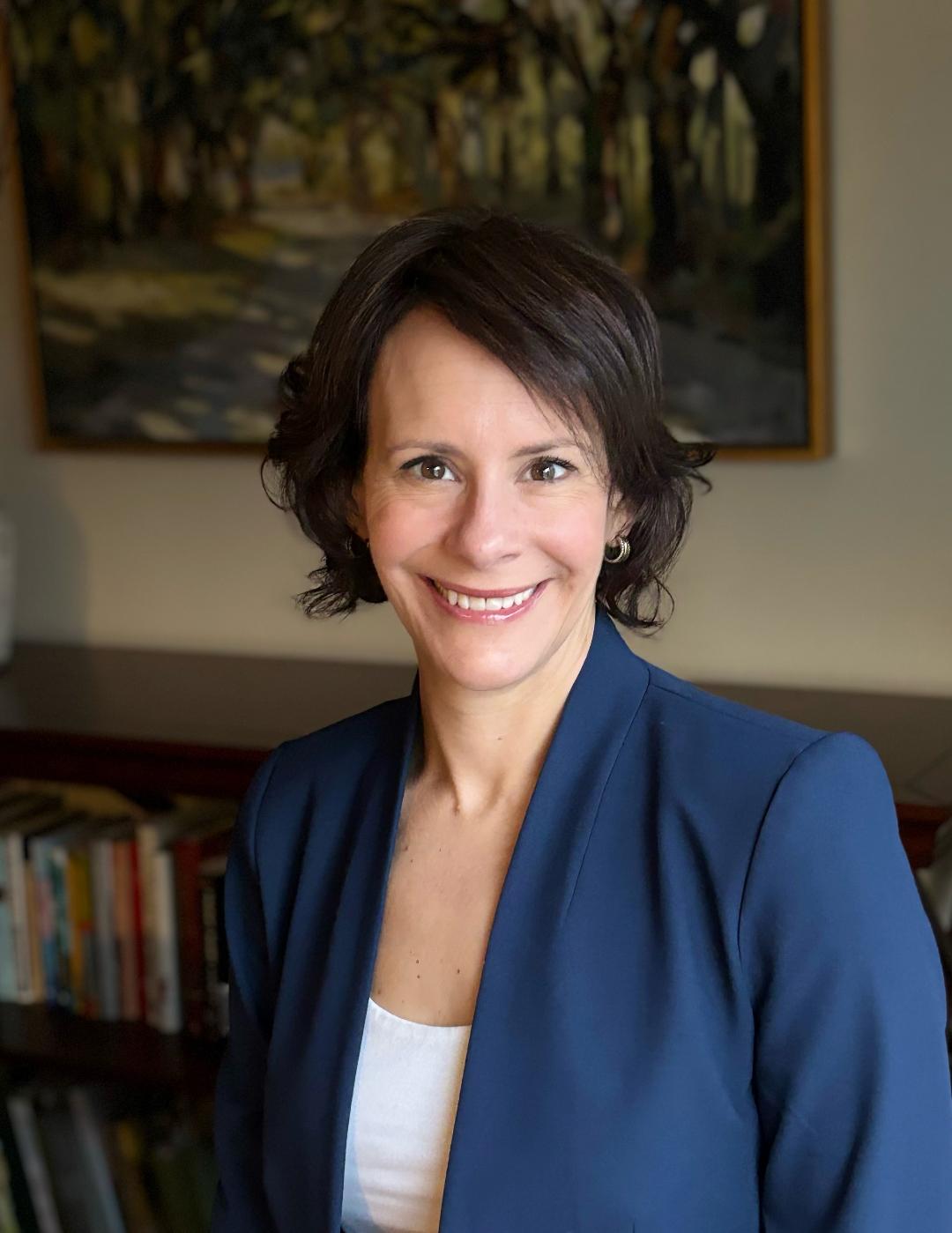










 Meredith Greenhouse is promoted to v-p and general manager, Ingram Publisher Services, which includes Consortium, Distribution Solutions, Ingram Academic and Professional, IPS UK, Publishers Group West, and Two Rivers Distribution. Greenhouse began her career in international sales at HarperCollins, where she was senior director, open markets, before joining Perseus Books Group in 2015 as v-p, international sales & marketing. She joined Ingram in 2016 when it bought Perseus's distribution operations and has since expanded her responsibilities to include oversight of U.S. special, gift, and mass merchandise sales. More recently, Greenhouse has taken on the leadership of IPS UK.
Meredith Greenhouse is promoted to v-p and general manager, Ingram Publisher Services, which includes Consortium, Distribution Solutions, Ingram Academic and Professional, IPS UK, Publishers Group West, and Two Rivers Distribution. Greenhouse began her career in international sales at HarperCollins, where she was senior director, open markets, before joining Perseus Books Group in 2015 as v-p, international sales & marketing. She joined Ingram in 2016 when it bought Perseus's distribution operations and has since expanded her responsibilities to include oversight of U.S. special, gift, and mass merchandise sales. More recently, Greenhouse has taken on the leadership of IPS UK.
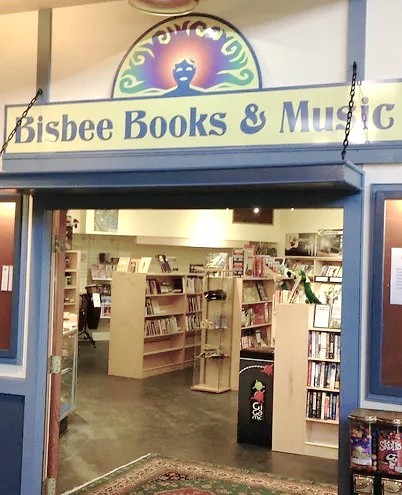 Located at 2 Main St. in Bisbee, the shop sells new and used books along with vinyl records, art supplies, glass jewelry, and more. There is an emphasis on books by local and regional authors, as well as sections highlighting banned books, Ukraine, and the paranormal. The owners also host events like the Bisbee Artist Series, which features local authors, artists, and craftspeople.
Located at 2 Main St. in Bisbee, the shop sells new and used books along with vinyl records, art supplies, glass jewelry, and more. There is an emphasis on books by local and regional authors, as well as sections highlighting banned books, Ukraine, and the paranormal. The owners also host events like the Bisbee Artist Series, which features local authors, artists, and craftspeople.
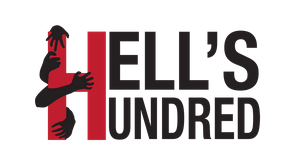 Soho Press is launching
Soho Press is launching  The
The 
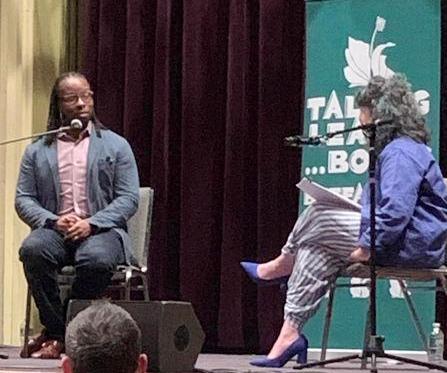 Talking Leaves...Books,
Talking Leaves...Books,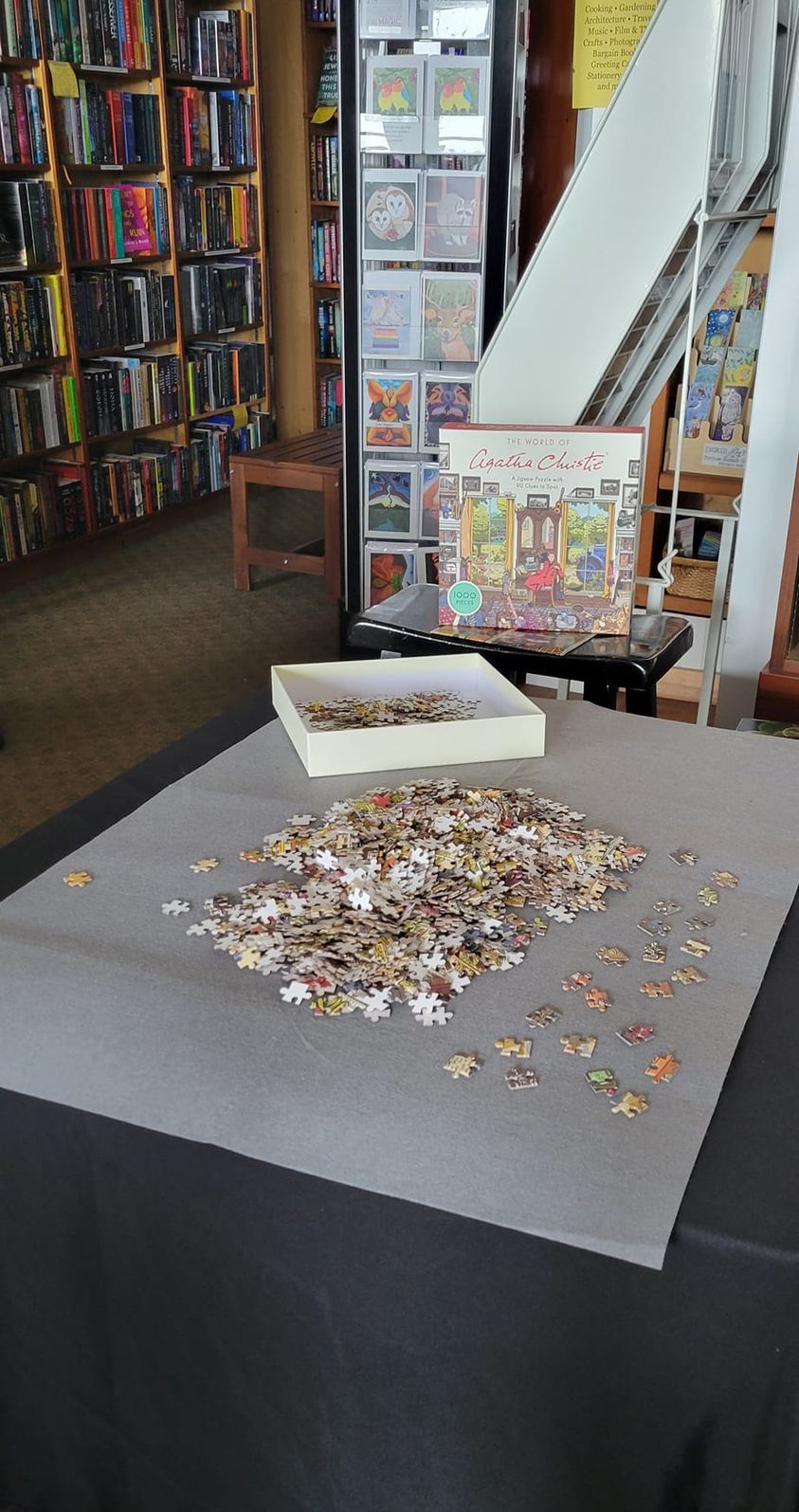 "Classic: it was so slow
"Classic: it was so slow  "
" The Law of Birthdays
The Law of Birthdays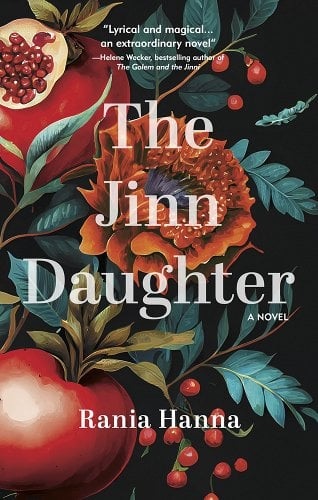 Rania Hanna's first novel, The Jinn Daughter, is a moving, imaginative tale of magic, myth, life and death, and a mother's love. Appropriately, the power of storytelling is central.
Rania Hanna's first novel, The Jinn Daughter, is a moving, imaginative tale of magic, myth, life and death, and a mother's love. Appropriately, the power of storytelling is central.
 Among the many contributors to
Among the many contributors to